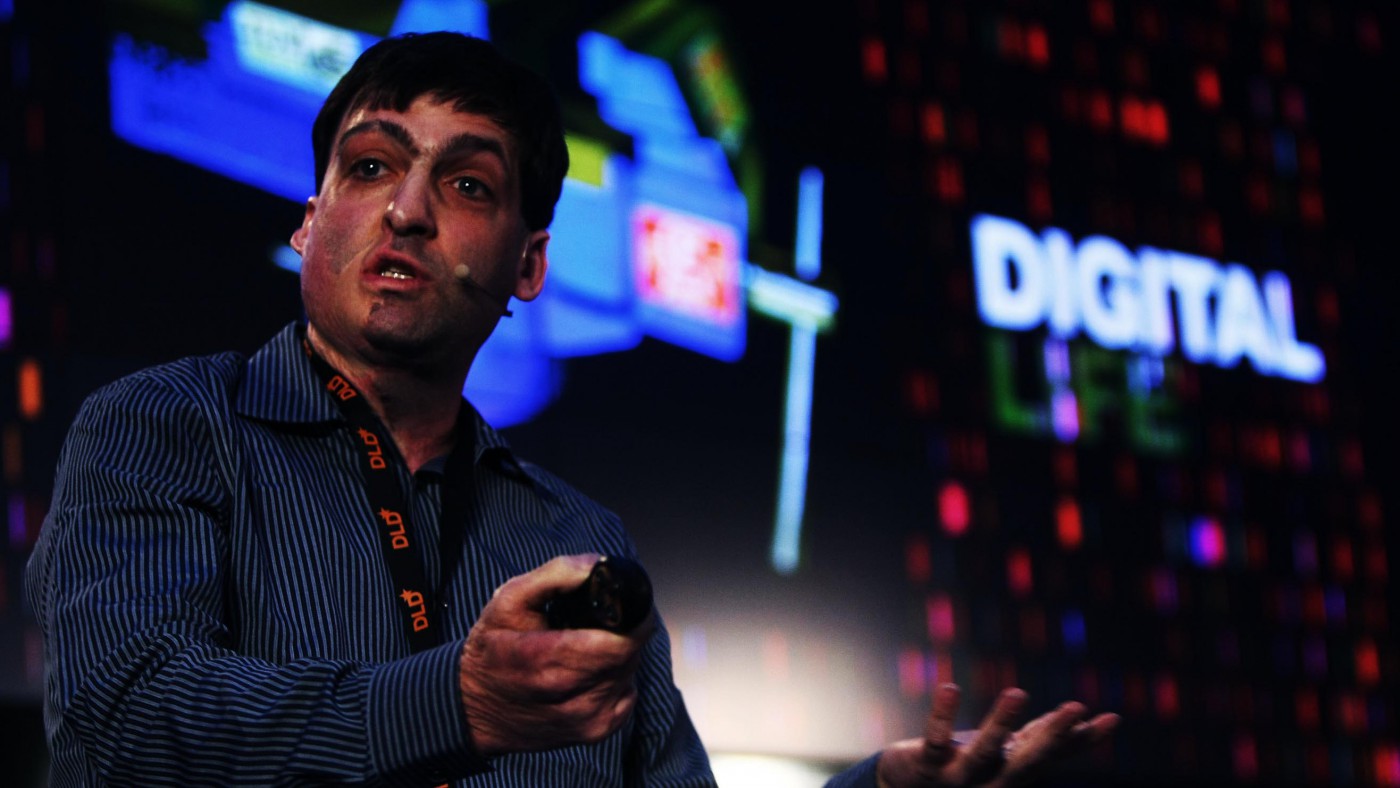Dan Ariely is James B. Duke Professor of Psychology and Behavioural Economics at Duke University and bestselling author of Predictably Irrational: The Hidden Forces that Shape Our Decisions. He attributes his ability to observe and reflect on human nature to his injury and its continuing effects: having suffered third degree burns from an accident as a teenager, followed by almost three years in hospital, Ariely’s “substantial daily pain” has afforded him an insider’s view on tremendous human suffering, and the feeling of living separately from normal day-to-day life.
From here, Ariely turned to study psychology. Conducting experiments and compiling an archive of academic papers he became a regular speaker at Ted talks, focusing on how to improve human decisions, actions and outcomes. His latest book, Behavioural Economics Saved My Dog includes some edited and expanded answers from his Wall Street Journal column, ‘Ask Ariely’. With the addition of wry cartoons from William Haefeli, the book helps you laugh at yourself, your problems and the ridiculousness of some well-known aspects of societal existence.
Like many behavioural economists, he confesses that economics has a lot of interesting ways to look at human behaviour – “Some of these are deeply misguided. But even when these models are wrong, they are often interesting and sometimes useful” – so amidst the humour, Ariely provides practical advice to problems and manages to turn seemingly impossibly illogical situations into curiously logical solutions.
First, he makes it clear that there is a difference between irrational and difficult to understand. The benefit of understanding decision making comes from recognising the importance of habits, where “habits are automated ways of acting without thinking very much”. So failures in decision making are often the product of failing to see the whole picture, or, are the consequences of actions that in reality involve little to no deciding at all. As promised, the book shows you how decision theory and behavioural economics can radically alter the way you go through life – should you choose it to.
Whilst an easy enough read, some of his insights are difficult to hear. On the topic of marriage, he says:
“It is hard to imagine we can be happy with any decision we make even one year down the road, much less when we look back our decisions five, ten, twenty or even fifty years later. Frankly, I am amazed by how low the divorce rate is”.
But overall his message is encouraging. He reminds us that we are not alone in our struggles and that we are not expected to succeed in every single challenge we inevitably face, for example “our ability to resist urges is like a muscle – the more we use it, the more tired we become” and therefore the more likely to fail. Ariely even admits that:
“I suspect that studying the dark side of how we all make decisions helps me reflect on human decision making in general, but I doubt that it has any positive impact on the quality of my gut intuition”
This is not a guidebook for the idealist, but a life ring for the confused, imperfect human.
Behavioural Economics Saved My Dog. Dan Ariely. OneWorld Publications, RRP £8.99


